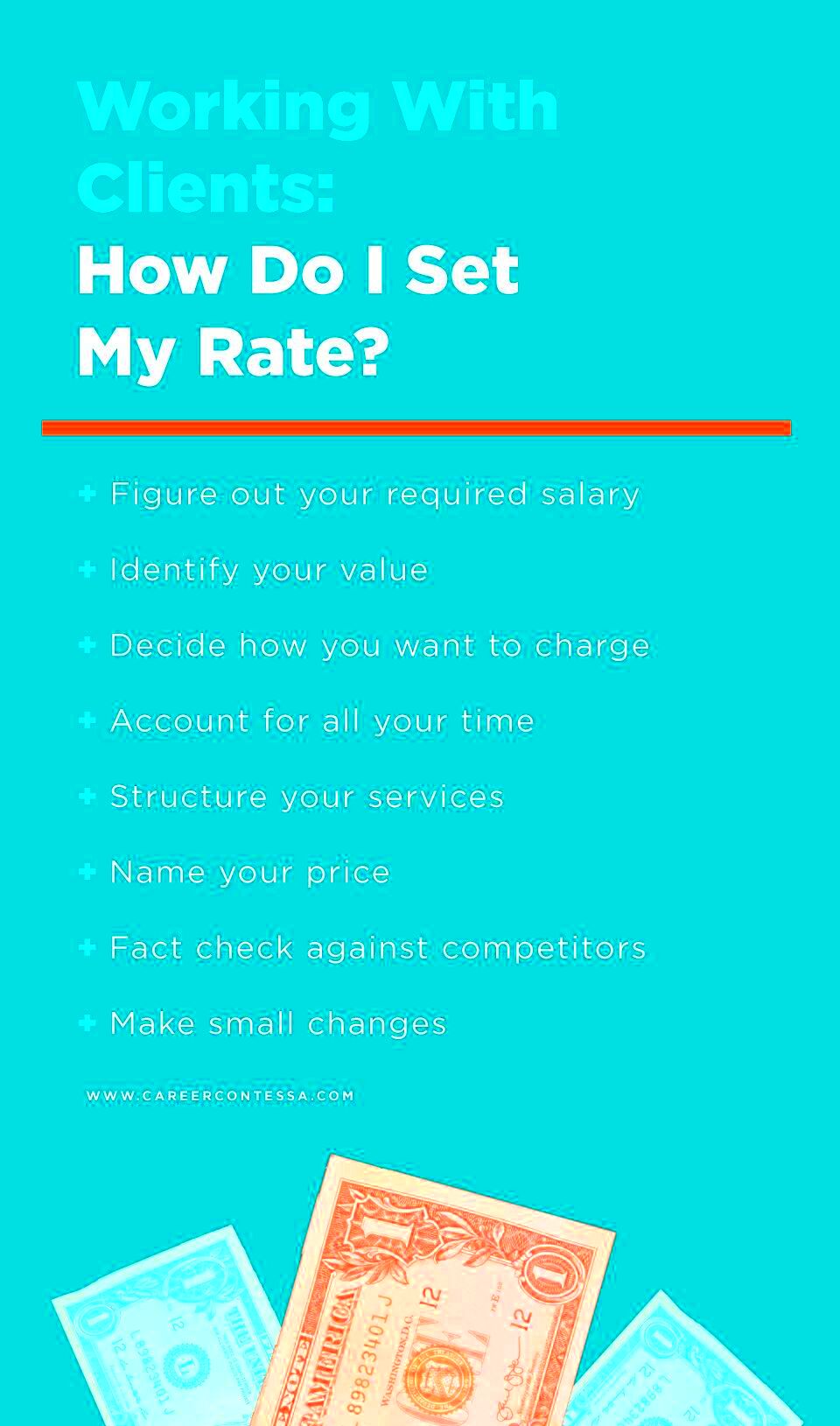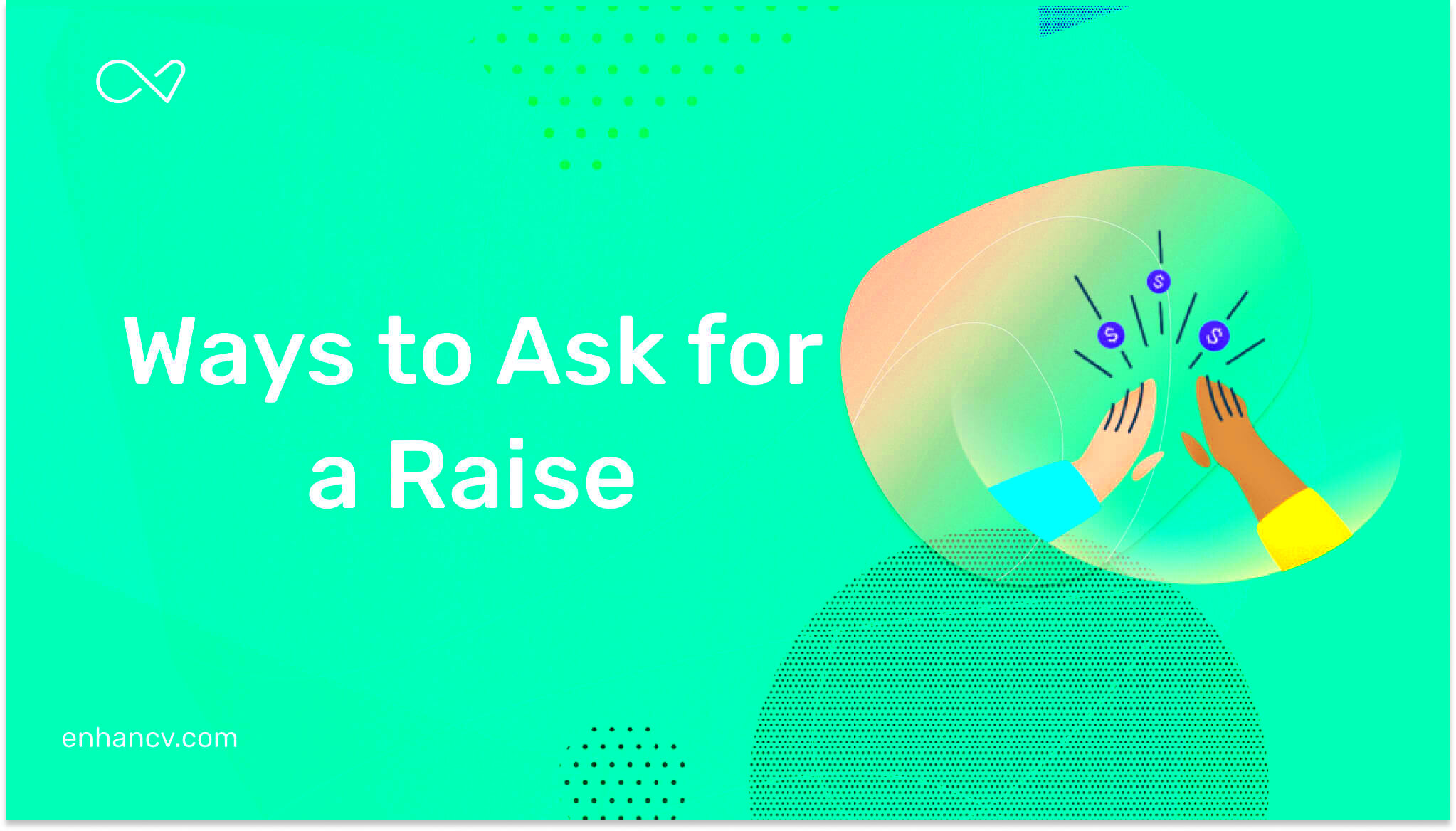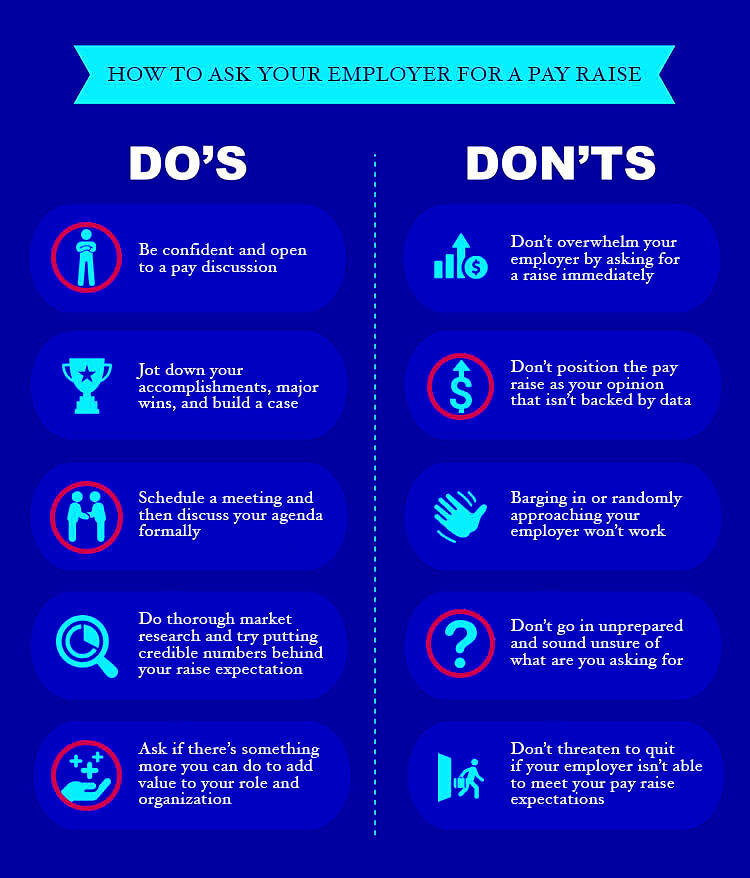As a freelancer, the topic of asking for a raise can feel a bit daunting. You’re your own boss, but that doesn’t mean you should be undervaluing your skills and hard work. Knowing when and how to ask for a raise is crucial for maintaining a healthy professional relationship with clients while also making sure you’re getting paid fairly for your expertise. In this post, we’ll walk through the important steps to help you feel confident and prepared when it’s time to request that increase in your pay rate.
When Is the Right Time to Ask for a Raise?

Timing plays a big role when it comes to asking for a raise. You don’t want to ask at the wrong moment, as it could hurt your chances. Here are some signs that it might be the right time for that conversation:
- Consistent Quality Work: If you've been consistently delivering high-quality work, it's a good indicator that you're ready for a raise. Clients notice reliability and professionalism.
- Increased Experience: Over time, your skills and experience grow, making your work more valuable. If you've taken on more complex tasks or new projects, this is a sign that you should reassess your rates.
- Positive Feedback: Receiving positive reviews or testimonials from clients means that they appreciate your work. This can be a good time to bring up your rates.
- Changes in Market Rates: If industry rates have gone up, it's natural for your rates to reflect that increase.
Make sure you're ready to have the discussion at a time when your client can give you the attention and respect you deserve. Don’t approach this during stressful project phases or when you're in the middle of a negotiation for a new project.
Also Read This: Top 10 Fiverr Gigs for Music Production in 2024
How to Evaluate Your Freelance Work and Achievements

Before asking for a raise, it's important to assess your performance and achievements. This helps you make a strong case to your clients. Here’s how you can evaluate your freelance work:
- Review Completed Projects: Take a look at the projects you've completed. Have you consistently met deadlines and exceeded client expectations? If so, this is evidence of your value.
- Analyze Client Relationships: Strong, ongoing relationships with clients often mean you're doing something right. Review the feedback and repeat business you’ve received. These relationships indicate that your services are highly valued.
- Growth in Work Scope: If your responsibilities have grown over time, it’s an indication that your role and contribution are expanding. Take note of any new skills or additional tasks you’ve taken on.
- Market Comparisons: Research what others in your field are charging. Websites like Upwork or Fiverr can give you a general idea of the market rate for your services. If you're underpaid compared to others with similar experience, it's time to consider a raise.
Documenting these points helps you build a solid case for a raise. You can use these facts to show how much value you bring to your clients, making it easier to justify your request.
Also Read This: How to Add a Fiverr Watermark: A Step-by-Step Guide
How to Approach the Conversation with Clients

Approaching your client about a raise might seem intimidating, but with the right strategy, it can be a smooth and productive conversation. It’s important to be confident but also respectful. Here’s how to make the conversation more comfortable for both you and your client:
- Choose the Right Time: Timing is everything. It’s best to bring up a raise after completing a successful project or when you’ve just received positive feedback. This sets a positive tone for the conversation.
- Be Clear and Direct: When you’re ready to ask for a raise, be clear and specific about what you’re asking for. Whether it’s an hourly rate increase or a higher project fee, make sure your client understands exactly what you’re requesting.
- Present Your Value: Use the evaluation of your work and achievements to show how much value you bring to the table. Provide concrete examples of how you’ve helped your client succeed, whether through successful projects, increased efficiency, or other contributions.
- Be Open to Negotiation: Be prepared for a discussion. Your client might have concerns or a budget to stick to. Approach the conversation with a willingness to negotiate and find a mutually beneficial solution.
Above all, stay professional throughout the conversation. This isn’t just about asking for more money—it’s about establishing your worth as a freelancer and continuing to build a strong working relationship with your client.
Also Read This: Charges by Freelance Photographers
What to Do If Your Client Says No to a Raise

Rejection is always a possibility, but don’t take it personally if your client says no to your raise request. It’s important to remain calm, composed, and professional. Here’s how to handle the situation:
- Ask for Feedback: If your client is hesitant or says no, politely ask for feedback. This can give you insight into why they aren’t comfortable with the raise and whether there’s something you can work on to justify it in the future.
- Consider Their Perspective: Understand that your client may have budget constraints, ongoing financial concerns, or other reasons for saying no. Acknowledge their situation and be empathetic.
- Offer Alternatives: If a raise isn’t possible right now, suggest alternative solutions. This could include more responsibility, longer-term contracts, or other benefits that can help increase your overall compensation in other ways.
- Revisit the Conversation Later: If the raise isn’t approved today, set a date to revisit the discussion in a few months. This shows that you’re willing to work with them and gives you the chance to continue proving your value.
Ultimately, a “no” isn’t the end of the relationship. It’s an opportunity to keep building trust with your client, understand their priorities, and work towards a more favorable situation down the road.
Also Read This: How to Delete an Order in Fiverr
How to Stay Professional During the Process
Regardless of the outcome of your raise request, it’s important to maintain professionalism throughout the entire process. Here are some tips to help you stay professional when negotiating your raise:
- Keep Your Emotions in Check: Even if the conversation is tough, try not to let emotions take over. Stay calm and focus on the facts and reasons why you believe you deserve a raise. It’s about the value you bring to your client, not personal feelings.
- Be Polite and Respectful: Always remain polite, regardless of the outcome. Whether the answer is yes, no, or a counteroffer, showing respect for your client’s decision will ensure that the conversation remains constructive.
- Maintain Open Communication: Communication is key when discussing pay rates. Keep the lines of dialogue open so that both you and your client feel heard. If necessary, follow up on the conversation and ensure you’re aligned on expectations moving forward.
- Don’t Rush the Process: Take your time to think about your next steps, especially if negotiations aren’t going as planned. Avoid rushing into decisions that you may regret later. Allow both parties to think it over before making a final decision.
By staying professional, you can ensure that the conversation about a raise doesn’t negatively impact your relationship with your client. It’s an opportunity to demonstrate maturity and the ability to navigate tough discussions in a constructive way.
Also Read This: Steps to Becoming a Freelance Node.js Developer
Common Mistakes to Avoid When Asking for a Raise
When it comes to asking for a raise as a freelancer, there are several common mistakes that can derail your efforts. Avoiding these pitfalls will increase your chances of a successful conversation. Here are some key mistakes to watch out for:
- Timing the Request Poorly: Asking for a raise at the wrong time, such as during a difficult project or when a client is under pressure, can hurt your chances. Make sure the timing is right, preferably after successfully completing a project or when your work has been praised.
- Not Providing Evidence of Value: Simply asking for more money without backing up your request with examples of your achievements and the value you bring to the client won’t make a strong case. Always come prepared with evidence, such as positive feedback, completed projects, or specific results.
- Being Too Aggressive or Demanding: While it’s important to advocate for yourself, being too aggressive or demanding can make the conversation uncomfortable. Stay calm and professional, and be ready to negotiate if necessary.
- Ignoring the Client’s Budget: Understanding your client’s budget is crucial. If you’re asking for a raise, it’s important to be aware of their financial situation. Demanding an unrealistic rate increase without considering their constraints can hurt the relationship.
- Not Being Ready for Rejection: Not every raise request will be approved. Be prepared for the possibility of a "no" and approach the conversation with the understanding that it might take time to reach a mutual agreement.
Avoiding these mistakes will help you navigate the conversation with confidence and professionalism, making it easier to successfully negotiate your raise.
Also Read This: Best 10 Gigs for Quality Services on Fiverr in 2024
FAQ: Answers to Common Questions About Asking for a Raise
If you’re feeling uncertain about asking for a raise, you’re not alone. Many freelancers have questions about the best approach. Here are some answers to common questions:
- How do I know if I deserve a raise? If you’ve consistently delivered quality work, taken on more responsibility, or received positive feedback, you’re likely in a strong position to request a raise. You should also evaluate your market value by comparing rates with others in your field.
- How much of a raise should I ask for? The amount will depend on your experience, the value you bring to the client, and industry standards. A typical raise might range from 10-20%, but it’s important to tailor your request based on your specific situation.
- Should I bring up a raise during a project or after it's finished? It’s best to wait until after you’ve completed a successful project or received positive feedback. This gives you more leverage and makes it easier for your client to agree to a raise.
- What should I do if my client rejects my raise request? If your client says no, remain professional. Ask for feedback, see if there are any other ways to increase your compensation (such as taking on more responsibilities), and consider revisiting the discussion in the future.
- Can I negotiate a raise with a long-term client? Absolutely. Long-term clients often value ongoing relationships and may be more willing to offer a raise if you can demonstrate your value and the evolution of your skills over time.
These answers should help you feel more confident and prepared when asking for a raise, so you can navigate the process smoothly.
Conclusion: The Key Steps to Successfully Asking for a Raise
Asking for a raise as a freelancer can be a rewarding step in your career. By following the right approach and avoiding common mistakes, you can increase your chances of success. Here’s a quick recap of the key steps to keep in mind:
- Know When the Right Time Is: Timing is critical when asking for a raise. Aim to have the conversation after successfully completing a project or receiving positive feedback.
- Evaluate Your Work and Achievements: Be sure you’ve documented your contributions and the value you bring to the table. This will help you justify your request for a raise.
- Approach the Conversation Professionally: Stay calm, direct, and respectful when discussing a raise. Be prepared to present evidence of your value and be open to negotiation.
- Prepare for All Outcomes: Be ready for rejection, and don’t let it discourage you. Ask for feedback and explore alternative solutions, such as revisiting the raise request at a later time.
- Maintain Professionalism: Regardless of the outcome, it’s important to remain professional throughout the process. Keep the conversation constructive and respectful to maintain a good working relationship with your client.
By following these key steps, you can confidently ask for a raise and set yourself up for continued success as a freelancer. With the right approach, you’ll not only increase your earning potential but also strengthen your professional relationships.




